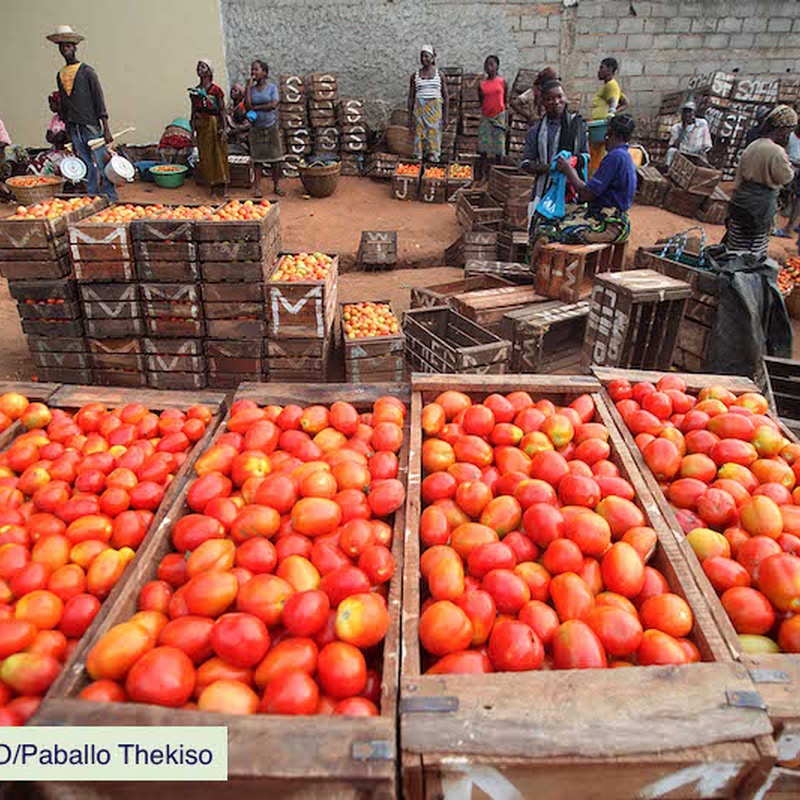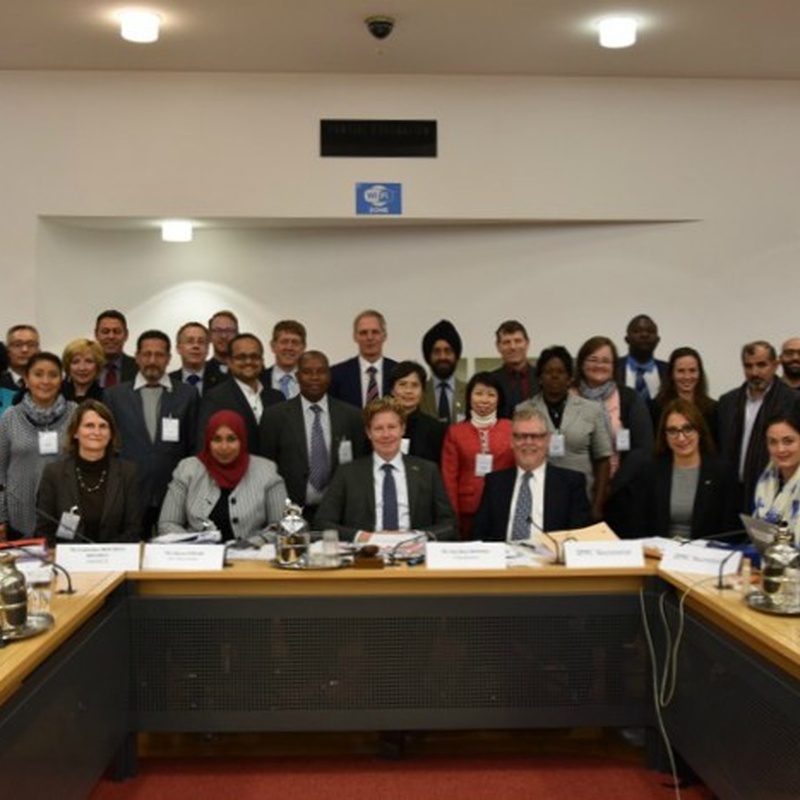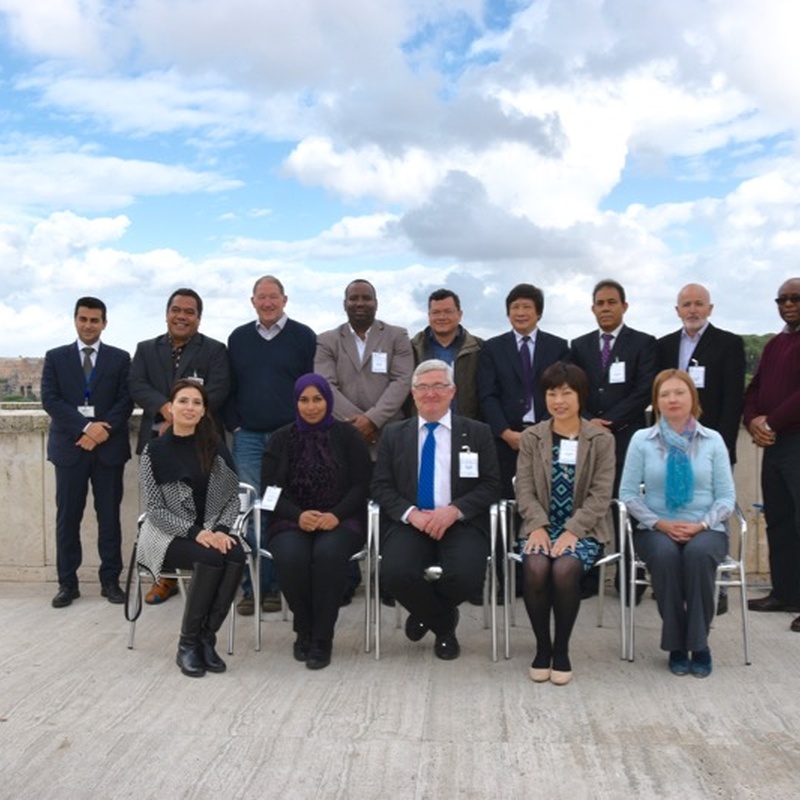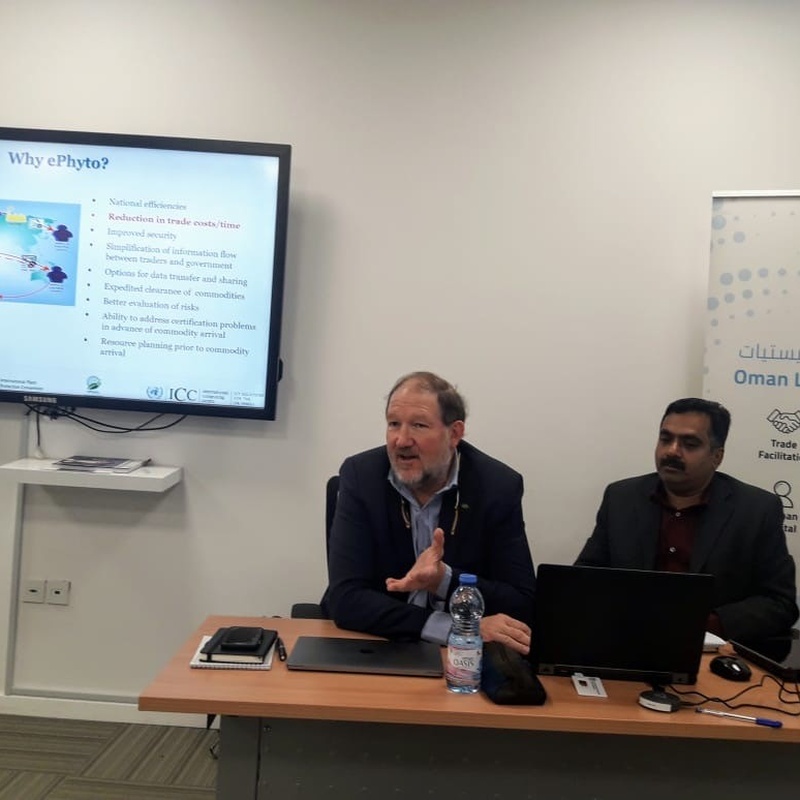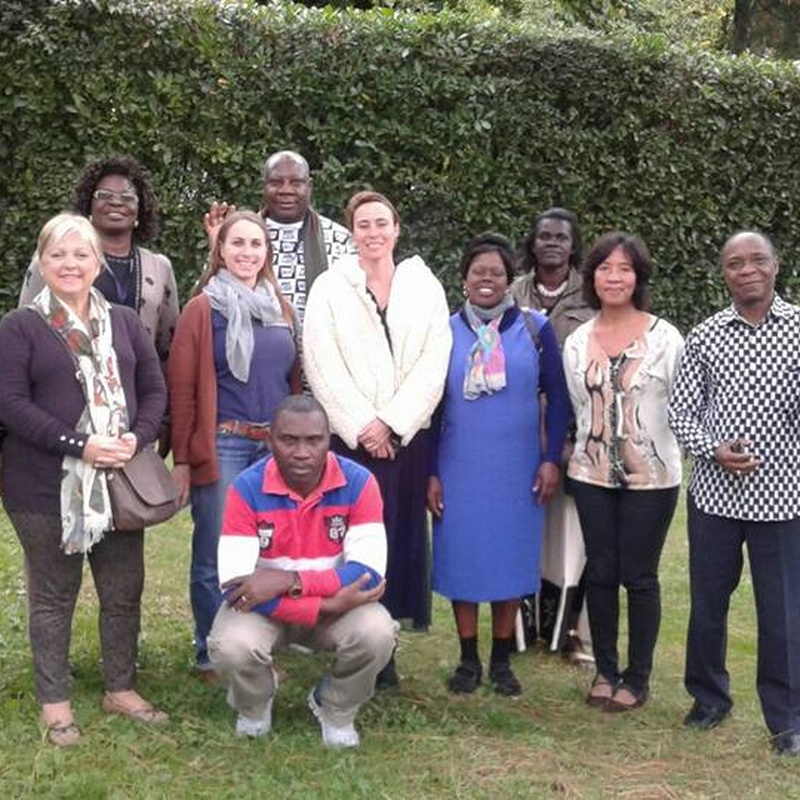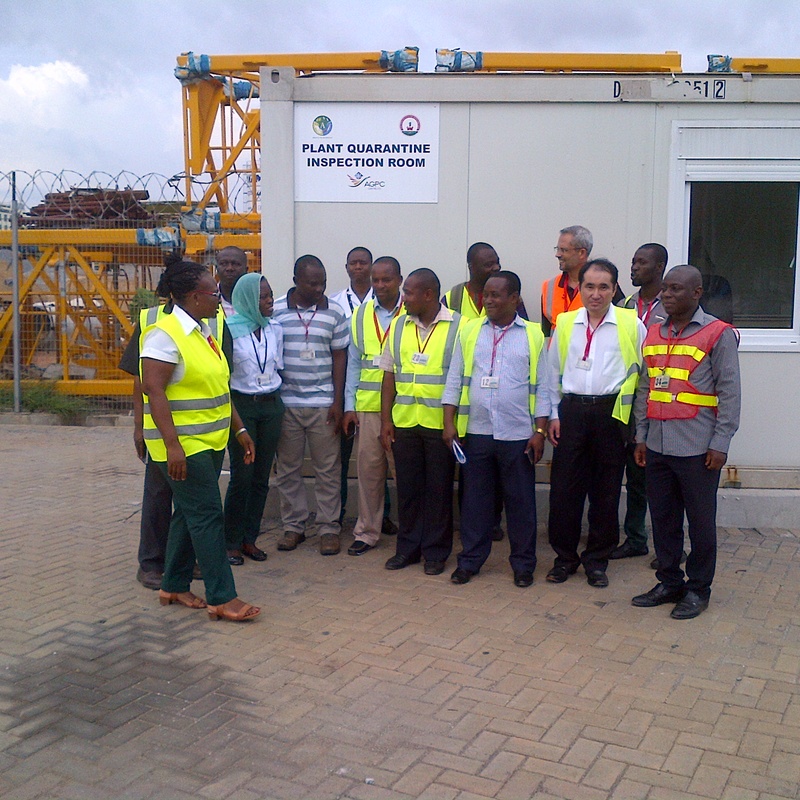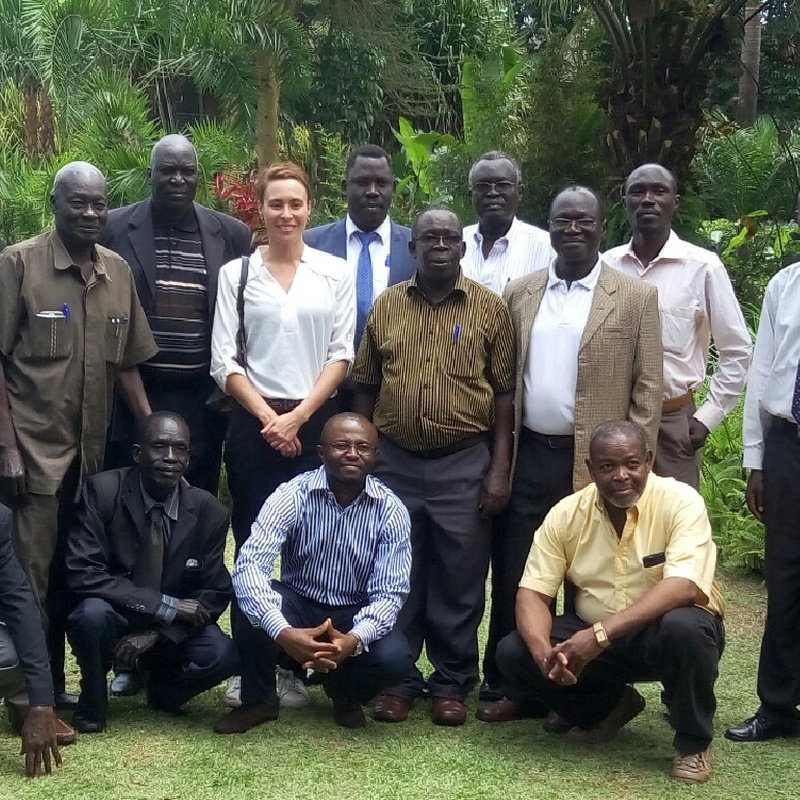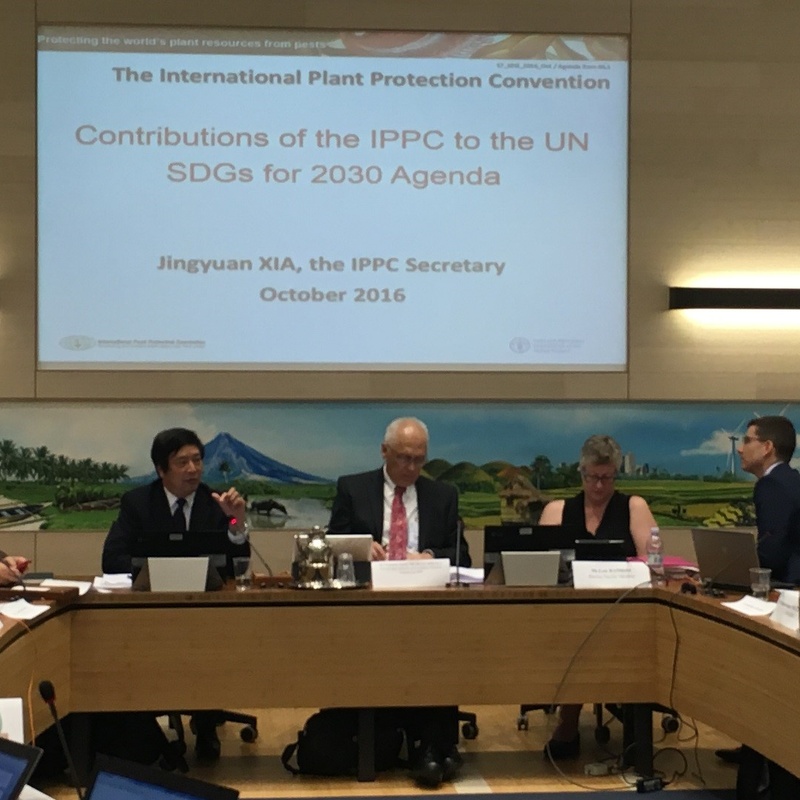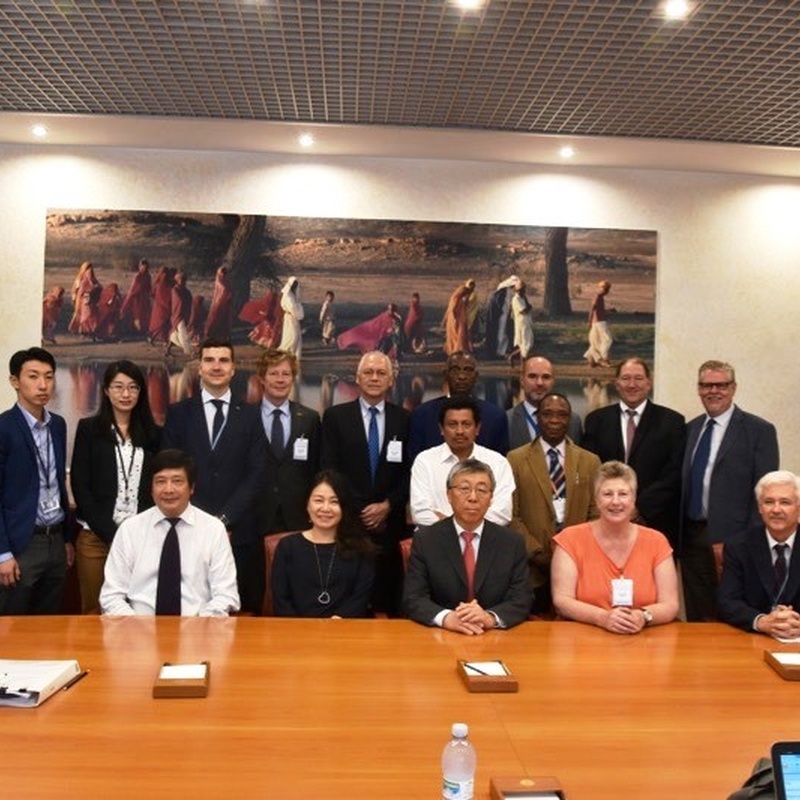IPPC and World Bank Seek to Increase Collaboration
Posted on Mon, 28 Nov 2016, 14:12
On November 18, 2016, the IPPC Secretariat welcomed Mr. William John Gain, Global Program Manager for the Trade Logistics Advisory Service at the World Bank, for a meeting at FAO Headquarters in Rome, Italy. Mr. Gain visited the IPPC Secretariat …
Read moreThe 28th IPPC Technical Consultation among Regional Plant Protection Organizations Successfully Held in Morocco
Posted on Mon, 28 Nov 2016, 14:02
The 28th Technical Consultation (TC) among the Regional Plant Protection Organizations (RPPOs) was held from 14th to 18th November 2016 in Rabat, Morocco. The meeting was organized by the Near East Plant Protection Organization (NEPPO), with the presence of, for …
Read moreThe IPPC contribution to the Advanced Course on Implementing the WTO Sanitary and Phytosanitary Agreement
Posted on Wed, 23 Nov 2016, 13:07
The Advanced Course on Sanitary and Phytosanitary Measures (SPS) took place at the WTO headquarters in Geneva, Switzerland, from 17 October to 4 November 2016. The objective the SPS course was to enable government officials to better implement the WTO-SPS …
Read moreA Record Number of International Standards for Phytosanitary Measures ISPMs) Moving towards Adoption
Posted on Wed, 23 Nov 2016, 11:36
The Standards Committee (SC) met from 14-18 November 2016 at FAO headquarters in Rome, Italy. Five International Standards for Phytosanitary Measures (ISPMs) were approved to be adopted by the Commission on Phytosanitary Measures (CPM) at its next meeting in April …
Read moreThe First Steering Committee Meeting on IYPH 2020 Successfully Held in Rome
Posted on Tue, 22 Nov 2016, 08:22
The first meeting of the Steering Committee (StC) on the International Year of Plant Health in 2020 (IYPH 2020) took place at FAO Headquarters in Rome from 9 to 11 November 2016, resulting in the development of concrete steps forward …
Read moreThe Second Meeting of the IPPC ePhyto Industry Advisory Group IAG) Held in Belgium
Posted on Tue, 15 Nov 2016, 09:45
The Second meeting of the IPPC ePhyto Industry Advisory Group (IAG) met on 10 November 2016 in Brussels Belgium, including the members from various international plant and plant product industry associations. The objective and activity of the meeting were to …
Read moreThe Asian Workshop on Implementation of e-SPS Certification Systems Held in Thailand
Posted on Tue, 15 Nov 2016, 08:46
The Asian Workshop on Implementation of e-SPS Certification Systems was hosted at the United Nation s Economic and Social Commission for Asia and Pacific (UNESCAP) s headquarters in Bangkok, Thailand from 1-3 November 2016. The Workshop was attended by Mr. …
Read moreThe 4th Training Workshop on the PCE Facilitators for the IPPC Contracting Parties successfully organized in Italy
Posted on Thu, 10 Nov 2016, 16:17
Held in Ronciglione, Italy, from October 17th - 28th 2016, the 4th training workshop on the Phytosanitary Capacity Evaluation (PCE) facilitators brought together eight carefully selected phytosanitary experts from Francophone Africa and 2 lawyers. Workshop participants were trained to broaden …
Read moreThe meeting on Technical Operation of the Generic ePhyto National System GeNS) held in Ghana
Posted on Fri, 28 Oct 2016, 20:05
The meeting on Technical Operation of the Generic ePhyto National System (GeNS) was held from 24-28 October 2016 at Pokuase, a suburb of Accra, Ghana. The meeting was facilitated by Mr Shane Sela, the IPPC ePhyo Project Manager, and supported …
Read more'Stop those pests!' - Great Success for CFS-43 Side Event
Posted on Mon, 24 Oct 2016, 07:51
Stop those pests! - The side event was co-organized by the Secretariat of the International Plant Protection Convention (IPPC) and the Department of Agriculture and Water Resources of Australia with a manifold success. The side event was held during the …
Read moreStrong support of the IPPC for strengthening NPPO and developing phytosanitary legislation in the Republic of South Sudan
Posted on Fri, 21 Oct 2016, 08:28
The Republic of South Sudan has an immense potential for sustainable agricultural development, with abundant rainfall, diverse soil and climatic conditions which provide multiple options to grow different crops. Although a very small area of the South Soudan territory is …
Read moreThe Contribution of the IPPC to Achieving UN SDGs for 2030 Agenda
Posted on Wed, 19 Oct 2016, 08:07
The 5th CPM Strategic Planning Group (SPG) Meeting was held from 4-6 October 2016 in Rome, Italy, with the theme IPPC Contribution to Achieving UN SDGs for 2030 Agenda. The meeting was chaired by Mr Francisco Javier Trujillo Arriaga, the …
Read moreThe CPM Bureau Meeting Held around the Annual IPPC Strategic Planning Group SPG) Meeting in Rome
Posted on Tue, 18 Oct 2016, 08:43
The CPM Bureau held a successful meeting spread over 4 and 7 October 2016 around the annual IPPC Strategic Planning Group (SPG) meeting, in Rome, Italy. The meeting was chaired by Ms Lois Ransom, the Bureau Chair from Australia, and …
Read moreThe IPPC continues to strengthen stakeholders' engagement in setting International Standards for Phytosanitary Measures
Posted on Tue, 18 Oct 2016, 06:32
The IPPC Secretariat is pleased to announce that the number of countries commenting has almost doubled from 2011 (see graph above).This July, the IPPC Secretariat opened consultation periods through the new Online Comment System (OCS) for the highest number of …
Read more



